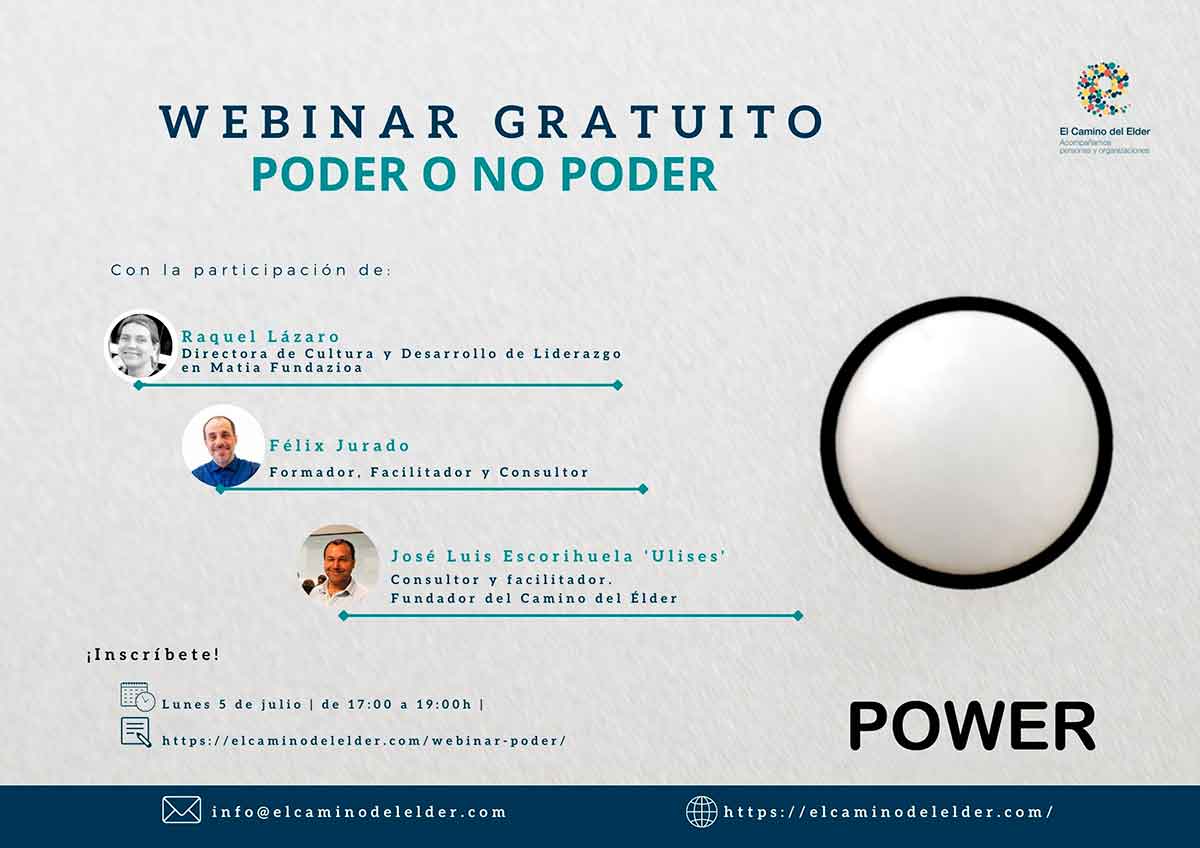To be able or not to be able
On #poderonopoder (LinkedIn) we have published several posts on the importance of considering power and influence relationships in teams and organisations. We have talked about power to and power over, formal and informal power, earned status and ascribed status, legitimate use of power and misuse of power (abuses). If power differences are not taken into account, if teams do not have safe spaces in which to make these differences visible, it is quite possible that those with more power will use it, usually without realising it, to impose their agenda and, in some cases, to defend their privileges.
More and more organisations are implementing policies to ensure that they have sufficient diversity in terms of gender, ethnicity, age, education, origin, etc., aware that diversity is a key factor in increasing their capacity for innovation and, therefore, their effectiveness, but not all of them fully understand the implications of managing this diversity to ensure inclusion and equality. This is where power, especially informal power, plays an important role.
To better understand these issues, and their implications in the management of teams and organisations, we have prepared a free webinar with the presence of 3 people with extensive experience on power relations in the organisational world:
Raquel Lázaro — Director of Culture and Leadership Development at Matia.
Félix Jurado — Facilitator with experience in power relations.
José Luis ‘Ulises’ Escorihuela — Founder of the Elder Way and expert in Eldership (the ability of a person, team or organisation to embrace diversity).
Otros profesionales
- Raquel Lázaro


.png)